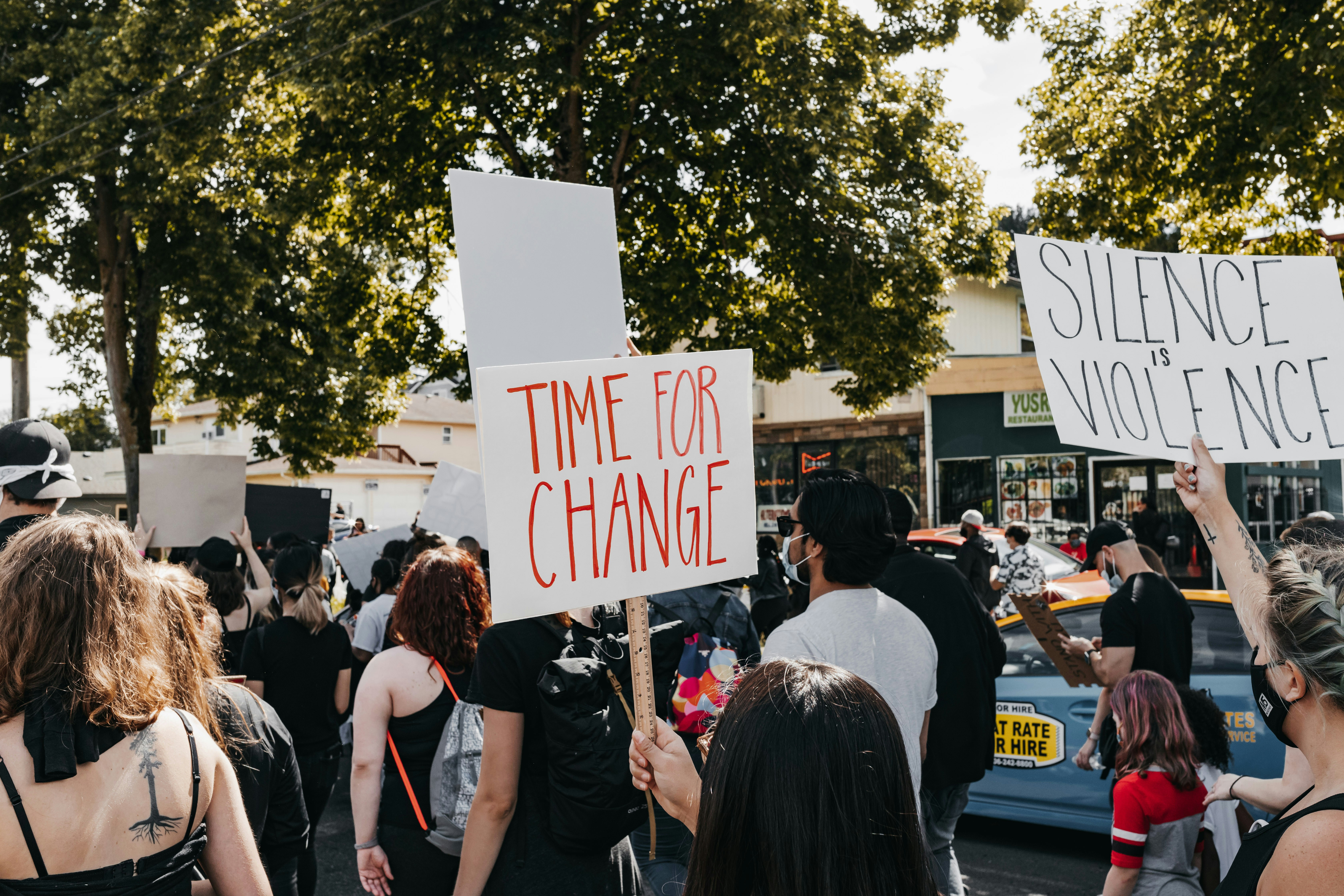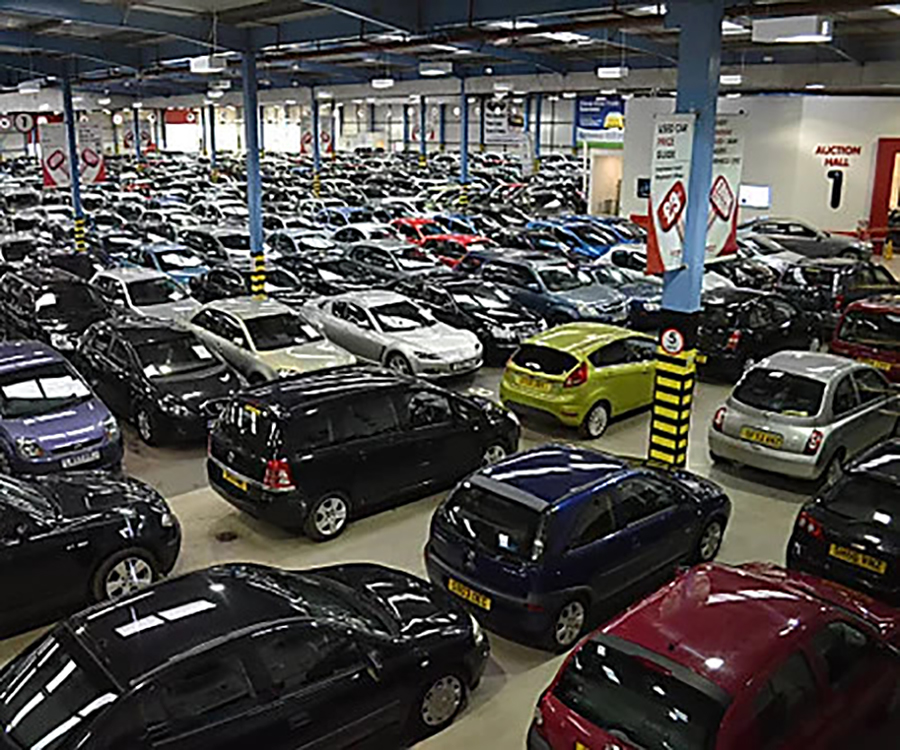Understanding the Reclamation of Public Spaces: A Societal Reflection
Introduction: A new societal trend is reshaping our urban landscapes and transforming our cities. The reclamation of public spaces is having a profound impact on social behavior and community dynamics. Read below to delve into this intriguing cultural shift.

Revisiting the Genesis of Public Spaces
Public spaces—parks, plazas, streets, and other open areas—have been integral to human societies since ancient times. They have been cherished as venues for social interaction, cultural exchange, and political expression. However, the advent of modern urban planning, marked by the prioritization of private property and vehicular transportation, led to a gradual erosion of these spaces. Today, we are witnessing a resurgence in the significance of public spaces.
The Reclamation Trend: Community and Connection
The current trend of reclamation involves transforming underutilized or neglected areas into vibrant, inclusive spaces. This movement is fueled by a collective desire for community connection and environmental sustainability. Locals are reclaiming streets for pedestrian-friendly activities, transforming abandoned lots into community gardens, and redesigning parks to foster inclusivity. This trend is a response to the increasing urban alienation and environmental degradation experienced in many cities.
Unpacking Sociological Implications
The reclamation of public spaces has profound sociological implications. It reflects a shift in societal values towards community engagement and sustainable living. These reclaimed spaces are fostering social cohesion, promoting cultural diversity, and enhancing the quality of urban life. They serve as platforms for civic dialogue, fostering a sense of collective identity and belonging.
The Research Perspective: Shared Spaces and Social Health
Research supports the social benefits of public spaces. Studies indicate that engaging community spaces correlate with improved mental health, reduced crime rates, and enhanced social cohesion. These spaces also encourage physical activity and provide essential green spaces in urban environments, contributing towards improved public health.
The Future of Public Spaces: A Societal Forecast
The reclamation of public spaces is a positive trend that is set to shape our cities’ future cultural and social landscape. It signals a move towards more inclusive, sustainable, and socially conscious urban planning. As more communities embrace this movement, our cities are likely to become more vibrant, healthy, and socially connected spaces.
In summary, the reclamation of public spaces is more than a trend—it’s a reflection of evolving societal values. It indicates a renewed appreciation for community, sustainability, and public wellbeing, shaping the future of our urban societies in the process. As we continue to navigate this cultural shift, the importance of public spaces in our cities and our lives will only grow.






